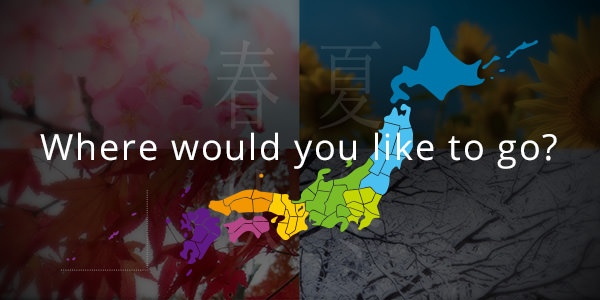So, you’ve spent this self-isolation period either binge-watching, browsing YouTube or TikTok, playing online games, napping, snacking and possibly reading? However, you might not have had any chances to read Japanese books. Yes, I’m not talking about manga but Japanese literature. While still not many Japanese books are available worldwide, there are some great pieces that are translated into English to get our hands on. So, why don’t you have a beautiful self-isolation day to immerse yourself in Japanese literary culture with the books as followed?
1. I am a cat – Soseki Natsume
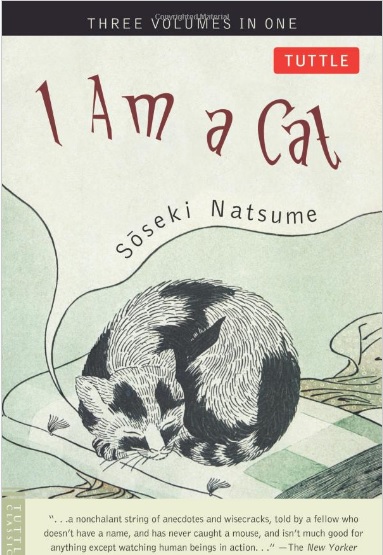
© 1996-2020, Amazon.com, Inc. or its affiliates https://www.amazon.com/I-Am-Cat-Tuttle-Classics/dp/080483265X
Some of you have guessed what this story is about from the title – yes, you are right. This is about an unnamed cat observing the life of upper-middle-class Japanese society of the Meiji era with a humorous and sardonic tone. By living as a housecat of an English teacher (the model is said to represent the author) and interactions with his family and neighbours, he begins perceiving the whole world with a philosophical perspective. It is said that Natsume Soseki depicted his deep pessimism about himself and humankind’s humanity in general. No matter if you’re a cat lover or not, this book takes you to the life of the 1900s – when Japan was experiencing a drastic transition from an isolated feudal society to a modern, industrialized nation-state. You might also learn an objective insight into the absurdity and egocentricity of human beings through the eyes of the cat.
2. The Devotion Of Suspect X – Keigo Higashino
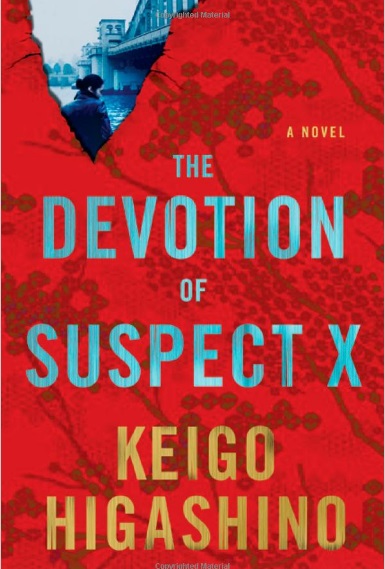
© 1996-2020, Amazon.com, Inc. or its affiliates https://www.amazon.com/Devotion-Suspect-Detective-Galileo-Novel/dp/0312375069
If you want a mystery novel to spice up your life, this is for you. Keigo Higashino is among the best-known mystery writers in Japan. Although this is one of his most popular Detective Galileo series, there is no need to read the whole series first as it doesn’t really belong to the same overall plot as the others. The story is relatively straightforward when a single mother named Yoko committed murder to her ex-husband for self-defence. Being devastated and hopeless, she was helped by the high school mathematics teacher Ishigami to cover up the whole incident. The story involves a twist and a high-level battle of wits with a cold logic war between Ishikawa and Yukawa, who tries to solve this puzzling case. Moreover, this book goes beyond the ‘mystery genre.’ It also depicts how Japanese modern society can be rough to ones even though they have talent and skills. In addition, the novel demonstrates how unconditional love can trigger someone to sacrifice one’s life without seeking any return. There are more of his books available in English, so there is a chance for you to read more of his series.
3. The Housekeeper and the Professor – Yoko Ogawa
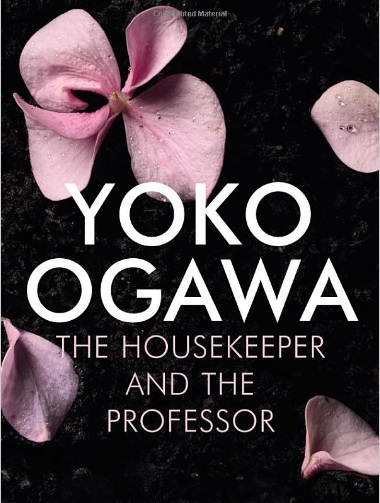
© 1996-2020, Amazon.com, Inc. or its affiliates https://www.amazon.co.jp/Housekeeper-Professor-Yoko-Ogawa/dp/0099521342
Do you think there is any connection between math and love? Read this and find your own answer. The story centres around a devoted housekeeper who is employed to take care of a mathematics professor who is not capable of retaining his memory for more than 80 minutes after a tragic accident. All of the three including the housekeeper, her son and the professor slowly bond over mathematics and baseball and given that the professor’s memory goes back to scratch every 80 minutes, they still renew their relationships growing their love for each other. Even if you’re never a fan of mathematics nor baseball, the professor will share his knowledge of the beauty of mathematics through the conversation with the son as he brings the subject down to his level. It’s an ideal book to read during this period as this is a quiet piece that is well written about human connections, friendship and the beauty of mathematics.
4. Norwegian Wood – Haruki Murakami
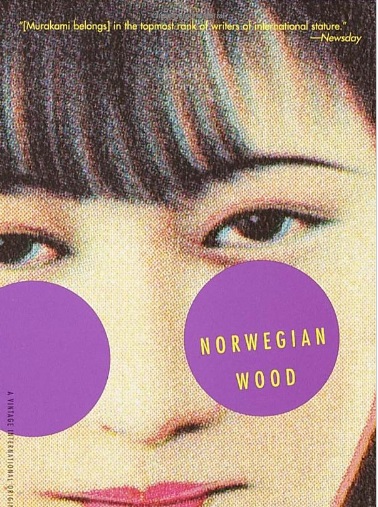
© 1996-2020, Amazon.com, Inc. or its affiliates https://www.amazon.co.jp/Norwegian-Wood-Haruki-Murakami/dp/1860468004
So here is something depressing and very dark. You might need something to brighten you up after reading this book. The story sets when Toru Watanabe reflects his youth as a college student while listening to the melody of ‘Norwegian Wood’ by The Beatles on a plane. Being a serious and young student, he had fallen love with a girl- Naoko who is insecure and vulnerable. As his life goes by, he faces great loneliness and instability as he seeks for various women to fill his emptiness. Murakami has successfully depicted that the Japanese confront lots of stress and challenges when experiencing adulthood transition which sometimes end up with committing suicide. The core theme falls under ‘sadness’ and ‘sorrow’ and you will be able to immerse yourself into dreamy world with no way to escape. Since there is no definite ending, it is open to anything with interpretations are relied on the readers. If you want to be preoccupied, this might be perfect to spend your whole day trying to discover what Murakami wanted to express and pursue with this piece.
These are just the tip of the iceberg for great Japanese literature. Enjoy this period to extend your reading lists to Japanese novels, and discover your own masterpiece. Hope you all have a great journey with these books and stay safe!

 | Temperature: 11
| Temperature: 11





